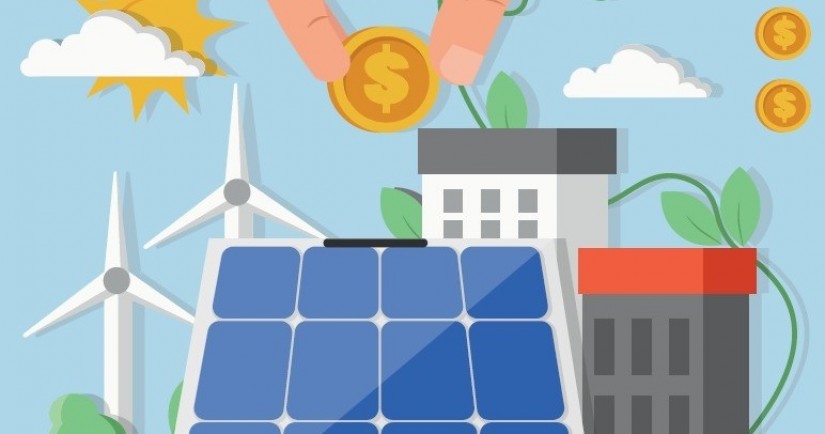What is economy
An economy is a place of production, distribution, not only by other agents but also by their own particular agents. In simple terms, it is defined as a political domain where the various practices, discourses, and interactions related to the operation of productive assets are socially practiced and regulated by socially recognized institutions. A number of concepts related to the study of the economy are involved here, including micro-economics, economic geography, market economies, international trade, price systems, and state structure. These have to be understood in the context of a theory of economy that assumes the centrality of the process of production, consumption and distribution in the process of economic activity. It also makes sense to compare such processes at the level of the national level in the light of similar activities, in other words, in the same economy.
The process of economic activity determines the wealth of a nation, as represented by the national income and its financial wealth. At the same time, the level and type of economic activity determine the level of wealth of particular economic agents, including industrial, commercial, agricultural, service, and manufacturing enterprises. The distribution of wealth and the interdependence of economic agents determine the level of economic activity and the prosperity of a nation. All these notions must be analyzed in the light of a theory of economy that emphasizes the centrality of the economic system for the determination of wealth and the welfare of the nation as a whole. A properly administered economic system is capable of providing its citizens with real and measurable goods and services.
The concept of economy helps us to understand the concepts of money and credit as well as the concept of investment, production and consumption. In fact, the basic economic concept is nothing more than the ability of a nation to purchase the raw materials it needs from other nations at a cost less than the cost of production in the nation itself. All economic concepts are related to one or another economic activity. The main concept of economy is the process by which production takes place in a nation. In simple terms, production is defined as the rate of input in relation to the total output.
Money, being a general concept, refers to the ability of a nation to purchase goods in a specific amount at a specific rate, i.e. the value of currency units is determined by the purchasing power of cash. This definition of money and the exchange rates also affect the level of economic activity as well as the level of wealth in a nation. Money, like any other concept, is not a constant factor. It changes with time because of social and technological changes.
On the other hand, concepts like production, sales, investment and distribution become real concepts when they are interrelated with each other. For example, sales refers to the activity of buying and selling of products on the market and production refers to the process of creating new goods or services in a business environment. These concepts become important for the overall performance of the economy as they refer to the operation of economic activity. Also, production and sales imply the existence of various other economic agents.
Political economy and the philosophy of economists differ on many issues. However, most political economists believe that the role of government in economic development should be minimal. They prefer a laissez faire economic system with minimal involvement of the state. On the other hand, some political economists argue that the state plays an important role in the level of development of the economy through the control of certain aspects of economic life such as the distribution of income, level of taxation and regulation of monopoly. Nevertheless, most economists disagree with these views.
